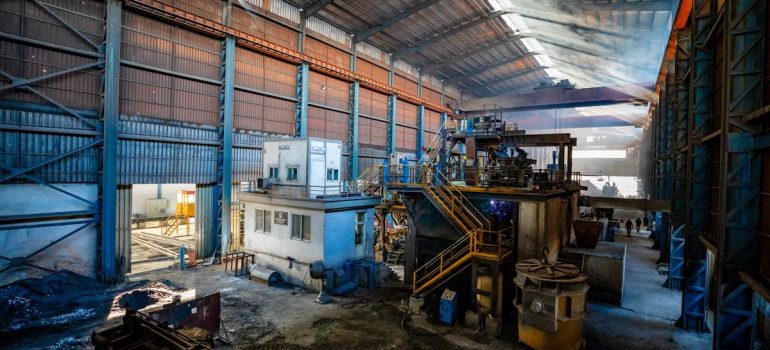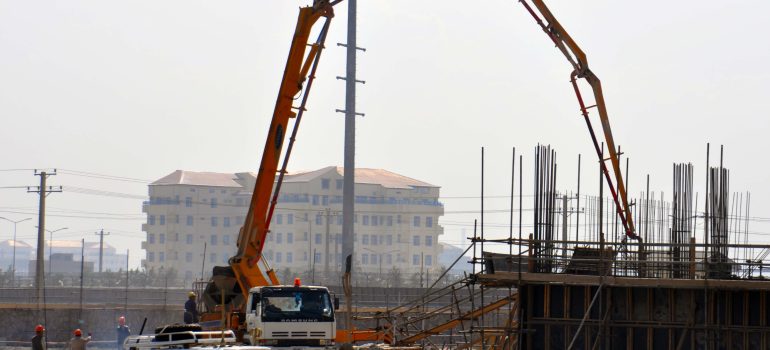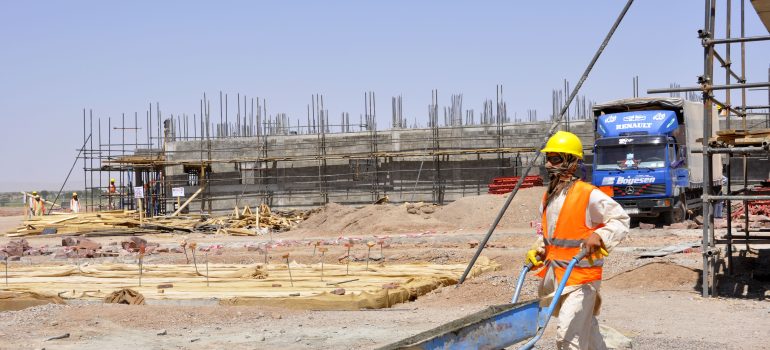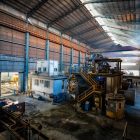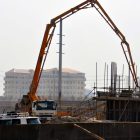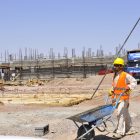Key aspects of the industry in Afghanistan include
- Agriculture: Agriculture has traditionally been the backbone of Afghanistan’s economy, with crops like wheat, corn, fruits, and nuts being important contributors. However, the sector has been impacted by factors such as water scarcity, outdated farming practices, and security concerns.
- Mining and Natural Resources: Afghanistan is believed to have substantial mineral resources, including copper, iron ore, lithium, and rare earth elements. Despite potential, the development of the mining sector has been limited due to security concerns, lack of infrastructure, and governance issues.
- Services and Trade: The services sector, including trade, has seen some growth, particularly in urban areas. However, the ongoing conflict has hindered the development of a robust service economy.
- Construction: Reconstruction efforts and infrastructure development have been ongoing, especially with international aid and investment. However, progress has been slow due to security challenges.
- Informal Economy: A significant portion of economic activity in Afghanistan occurs in the informal sector, which includes small businesses, street vendors, and subsistence farming.
It’s essential to note that the situation in Afghanistan is highly dynamic and subject to change, especially given the evolving political and security landscape. For the most current information on the industry in Afghanistan, it is recommended to consult up-to-date sources or news outlets.

